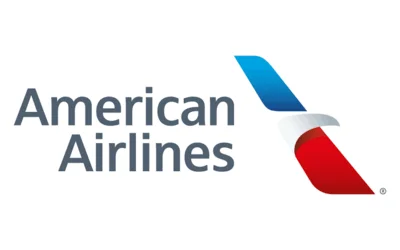Following the incident, SkyWest released a statement through Reuters:
"SkyWest experienced a brief technology issue this evening that has since been resolved. All systems have been restored and we are working to mitigate any delays as we resume normal operations."
SkyWest carried over 42 million passengers in 2024. With hundreds of planes operating daily and tens of thousands of people onboard at any given time, safety remains the airline's main concern. When faced with technological failures, airlines often choose ground stops as a controlled solution to avoid more severe problems.
The company’s headquarters and OCC are located in Saint George, Utah. There is also a backup facility nearby in case the primary center becomes unusable. Last month, United Airlines experienced a similar IT disruption that affected its global operations.
Bringing all flights to a halt allows an airline’s control center time to resolve issues before they escalate into larger disruptions such as mass cancellations or prolonged delays.
Airline IT outages can have significant consequences for carriers and travelers alike. In December 2022, Southwest Airlines suffered an extensive system failure during Christmas week after winter storms disrupted operations at several major airports. The breakdown of Southwest's scheduling program led to canceled flights for nearly two million travelers over several days. Following public backlash and regulatory scrutiny, Southwest was fined $140 million by the Department of Transportation (DOT) for failing to provide timely updates and refunds. The DOT also required Southwest to implement a multi-year plan costing $1.3 billion aimed at upgrading its systems; further details can be found on CNN's report (https://www.cnn.com/2023/12/18/business/southwest-airlines-dot-fine/index.html).
These incidents highlight ongoing challenges faced by airlines in maintaining reliable technology infrastructure essential for modern air travel.
 Alerts Sign-up
Alerts Sign-up





































